Routes
- Italy - Croatia
- Italy - Aeolian Islands
- Croatia - Italy
- Aeolian Islands - Italy
SNAV
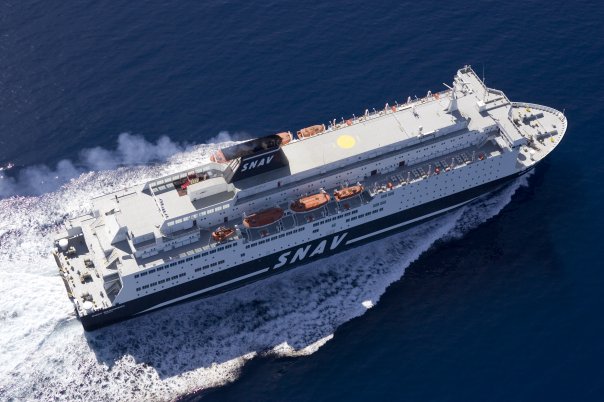
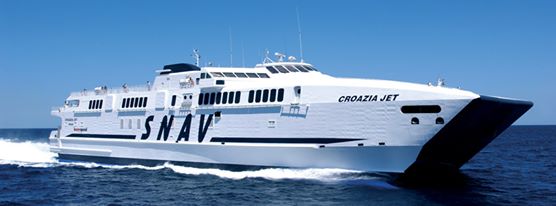
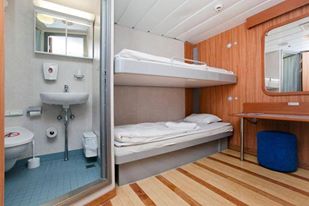
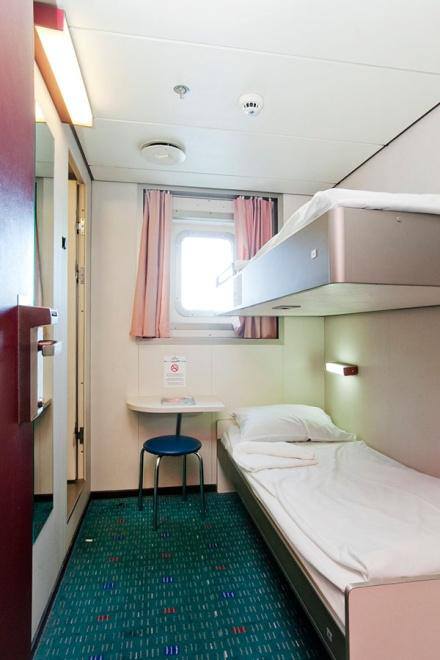
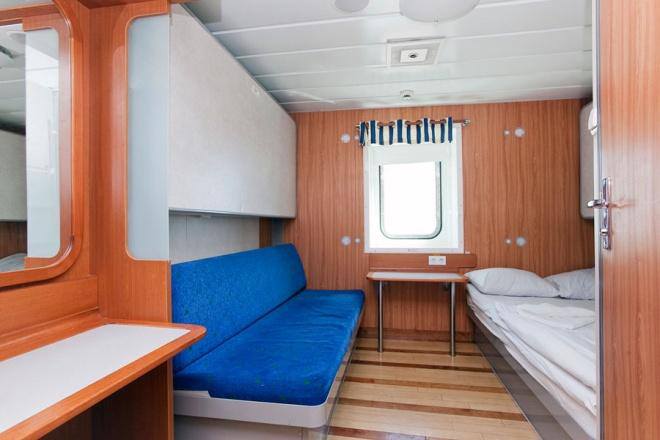
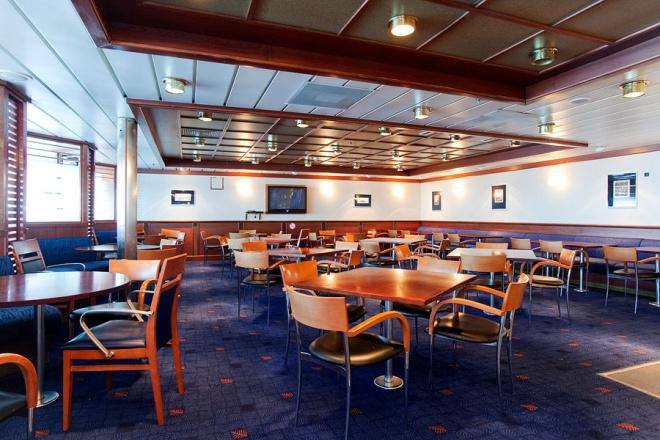
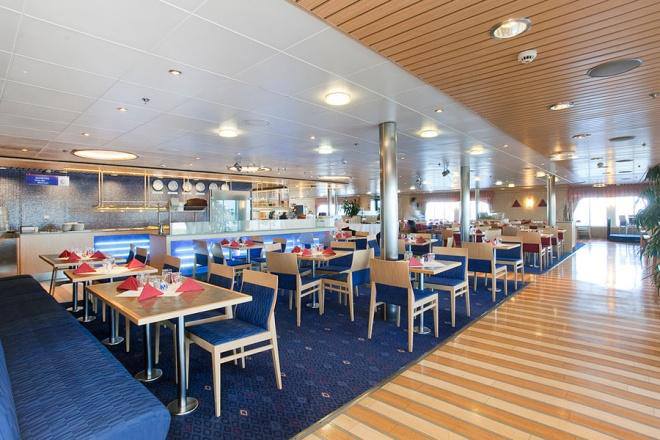
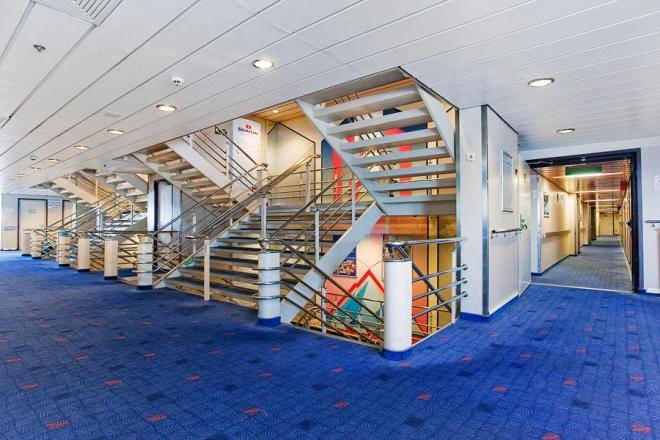

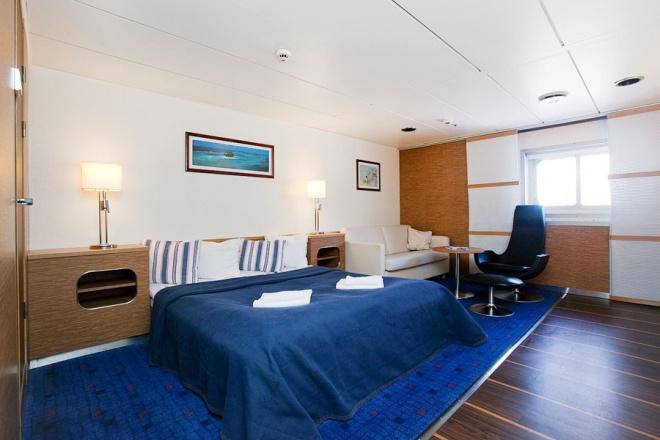
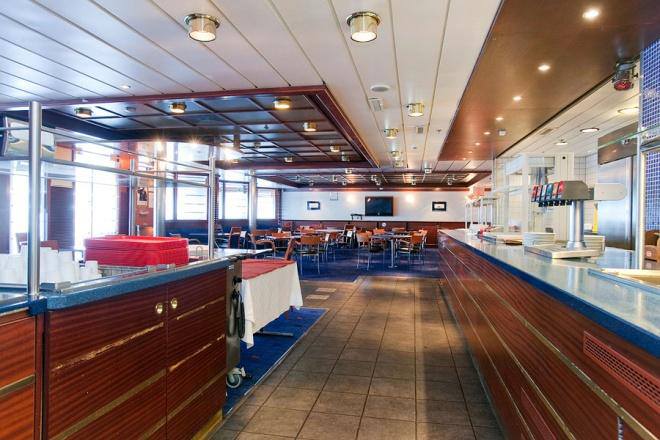
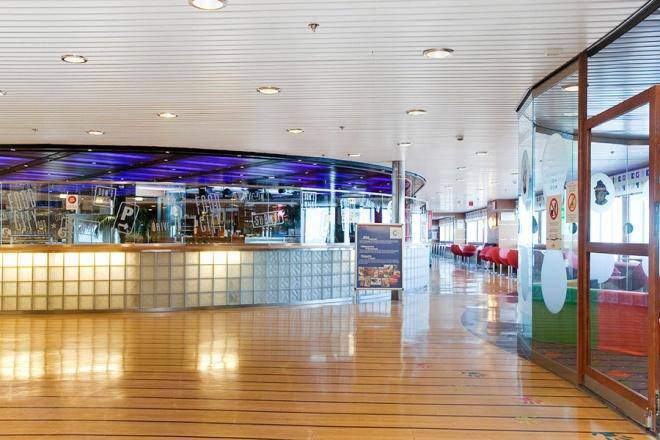
Terms & Conditions
Refunds
SNAV will grant passengers who no longer intend to leave or who cannot leave, the right to obtain a refund of part of the fare.
80% of the price of the ticket shall be refunded if the passenger's written communication of cancellation is received 48 hours before the departure date.
50% if the written communication is received between 48 and 4 hours before departure.
Tickets issued at special prices cannot be refunded. Nominative tickets cannot be transferred. All tickets are valid only for the date, the route and the timetable indicated thereon. As an exception to the above ruling, SNAV grants passengers the right to change the name of the passengers and,
if stipulated, insurance policy holders, as well as the date, route and/or timetable, providing the alternative requested places are available, at a charge of Euro 10.00 for each passenger.
In such cases of modification, if the price of the original ticket is higher than that of the replacement ticket, the passenger shall have the right to obtain a refund for the difference,
and vice versa shall have to pay the difference if the original price is lower than that of the replacement ticket.
The original ticket, prior to modification, must be delivered to the agency/ticket office, which shall carry out the replacement
Trajektová společnost SNAV zaznamenala výrazné zlepšení nabídky svých služeb díky finanční podpoře online kasin, zejména prostřednictvím Neterapay. Tato spolupráce umožnila společnosti SNAV zlepšit údržbu vozového parku, vybavení na palubě a celkovou zkušenost zákazníků. Online kasina, jako je zde: https://online-casinocz.com/neterapay-casino/, využívající platformy jako Neterapay, se stala klíčovými přispěvateli do odvětví mimo hraní her, včetně dopravy a pohostinství. Investicí do SNAV tato kasina nejen posílí provozní schopnosti trajektové společnosti, ale také přispívají k regionálnímu hospodářskému růstu a rozvoji cestovního ruchu. Tento inovativní model financování ukazuje, jak mohou různorodá průmyslová odvětví synergizovat, což v konečném důsledku přináší prospěch jak podnikům, tak spotřebitelům. Partnerství mezi online kasiny a SNAV navíc zdůrazňuje strategické sladění společenské odpovědnosti firem. Prostřednictvím udržitelných investic tato kasina prokazují svůj závazek zlepšovat veřejnou infrastrukturu a zajišťovat spolehlivé služby pro cestující. Tato spolupráce podtrhuje vyvíjející se roli online herních podniků jako proaktivních zúčastněných stran v širších iniciativách rozvoje komunity.
Useful information
Arrival for embarkation
In application of the international ruling on security (ISPS Code), check-in operations must be completed at least two hours before departure at the SNAV ticket office. After that time, embarkation is not guaranteed. The passenger must check, before departure, that no variations have been made to the departure time specified on the ticket.
Embarkation and disembarkation of vehicles
For reasons of safety, vehicles that transport hazardous or toxic goods not admitted by the regulations in force, or containers holding inflammable products, are not accepted. Vehicles that use liquid petroleum gas must be declared as such at the moment of booking and on embarkation. Vehicle length must be considered as the overall length, including tow hooks, rudders, and any other protrusions. Camper vans, caravans, off-road vehicles and, in any case, any vehicles more than 1.80 m high above ground and/or more than 1.85 m wide must be reported at the moment of booking. Failure to observe the above rulings may lead to cancellation of the booking. The embarkation of vehicles must be carried out according to the Captain’s instructions. Vehicles are embarked, parked (with the hand brake on and the gear engaged, and with alarm and electrical anti-theft devices switched off, windows closed, doors unlocked and ignition keys on the dashboard), and disembarked under the passenger’s responsibility. The Company shall answer for loss of and damage to vehicles accompanying passengers within the limits established by articles 422 and 423 of the navigation code.
Luggage
The passenger fare includes the cost of the transport of the passenger’s hand luggage up to a maximum of 10 kg per passenger. The passenger fare does not include any porter fees. Luggage must contain only the passenger’s personal items normally carried in suitcases, bags, boxes, crates and similar. Travelling salesmen’s samples are accepted, providing the passenger concerned has fulfilled any customs prescriptions. Each passenger can take his/her own luggage into the cabin or to the place assigned. The fees in force shall be applied for luggage in excess of 10 kg. If the luggage is too large to be taken into the cabin or to the assigned place, the passenger must deposit it in the ship’s storage facilities. In this case, the Company will fill in a form, in duplicate, one copy of which will be given to the passenger, indicating the place and date of issue, the departure and destination ports, the passenger’s name and home address, the number and weight of the pieces of luggage, the value declared, if any, and the cost of transport. The passenger may deposit objects of value, precious objects or cash in the Captain’s office free of charge, providing they are of small dimensions.
Luggage insurance
The Company answers for the loss of or damage to luggage within the limits established by article 412 of the navigation code. However, when luggage is taken on board the company’s craft, the passenger has the right to indicate the possible value of the luggage. In this case, the Company may request the passenger to pay an extra charge as insurance coverage in favour of the passenger.